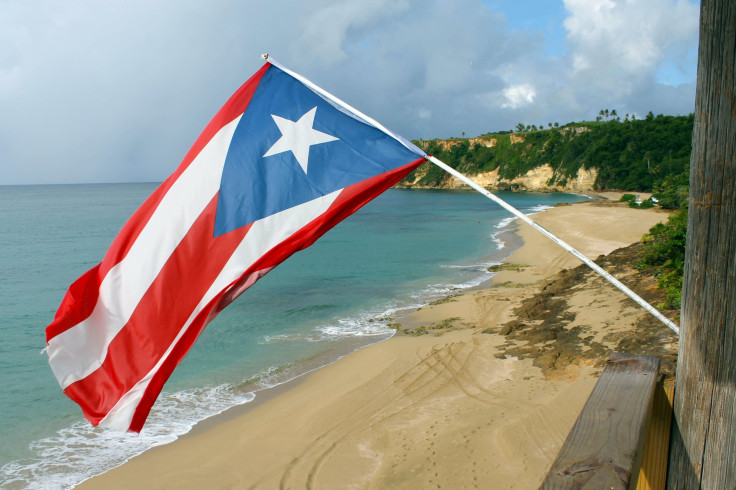
Puerto Rico's plan to hold a referendum on its political status have come under scrutiny due to its elevated costs and the fact that it won't be directly consequential as it's not binding.
The voting, which will take place on the same date as the general elections, will offer three options: independence with free association, statehood, and independence. Under the free association option, issues like foreign affairs, U.S. citizenship, and use of the U.S. dollar would be negotiated.
The order of options was set following a televised drawing supervised by judges at Puerto Rico's elections commission. The outcome won't change the island's status as an unincorporated territory of the United States as it would require Congressional and presidential approval.
Jessika Padilla, the elections commission's alternate president, said the agency had an original budget of $6.2 million for the upcoming elections but received $7.5 million, with additional funds allocated for the referendum. Critics argue that this is a wasteful expense as Puerto Rico is recovering from a massive public debt restructuring after declaring in 2015 it could not pay over $70 billion in debt due to mismanagement and excessive borrowing.
Jesús Manuel Ortiz, leader of the main opposition Popular Democratic Party, labeled the referendum as "unjustified." Leaders of the Puerto Rican Independence Party have challenged the referendum in court, with the island's Supreme Court agreeing to hear the case.
Governor Pedro Pierluisi of the pro-statehood Progressive New Party announced the referendum on July 1, defending it by highlighting the lack of voting rights for Puerto Rico's 3.2 million U.S. citizens.
"In this way, we assert our rights as American citizens to demand our self-determination through direct voting without intermediaries and to require the federal government to address the grievance represented by our colonial status," Pierluisi said back then.
His announcement followed his primary loss to Jenniffer González, Puerto Rico's representative in Congress. González, a Republican who supports statehood despite her alignment with Trump, who opposes it, has pledged to push for statehood if elected in November.
Puerto Rico has held six referendums, the latest in 2020, when nearly 53% voted in favor of statehood, with about half of registered voters participating.
© 2024 Latin Times. All rights reserved. Do not reproduce without permission.







